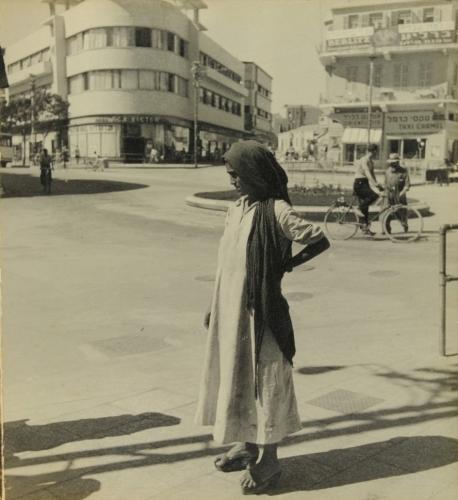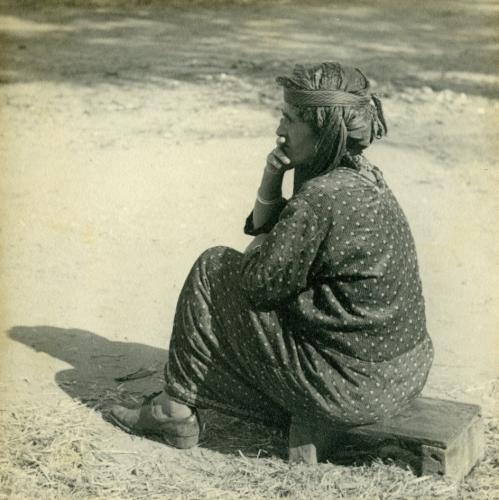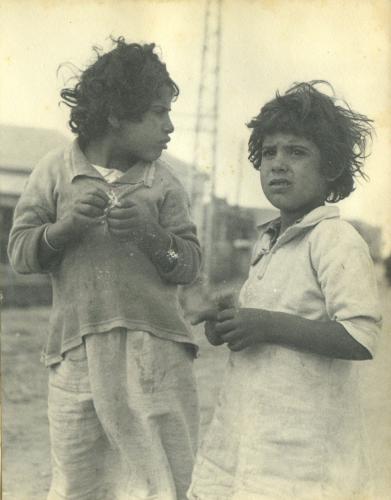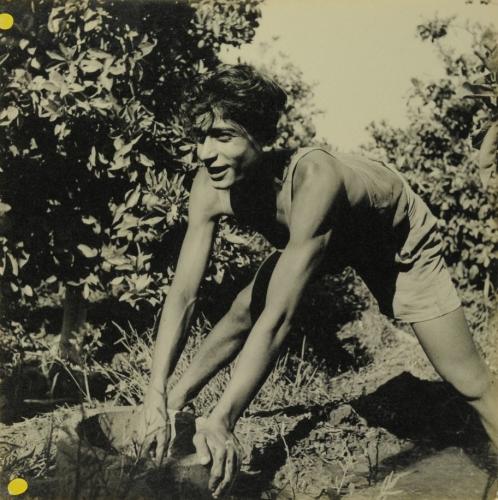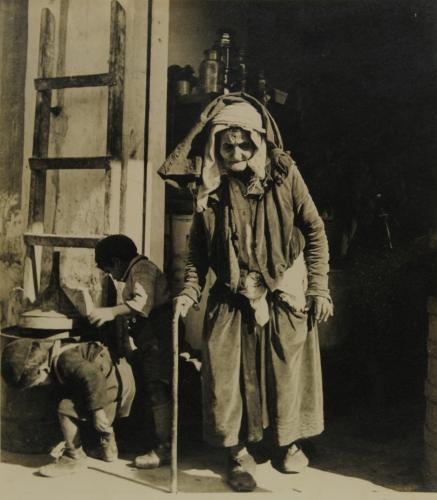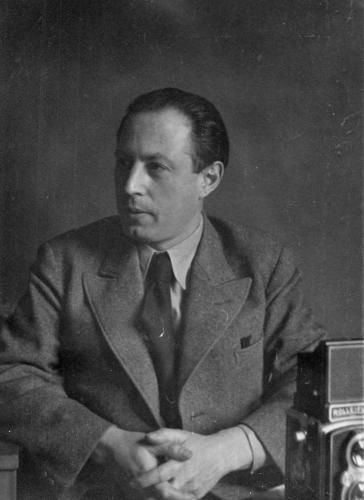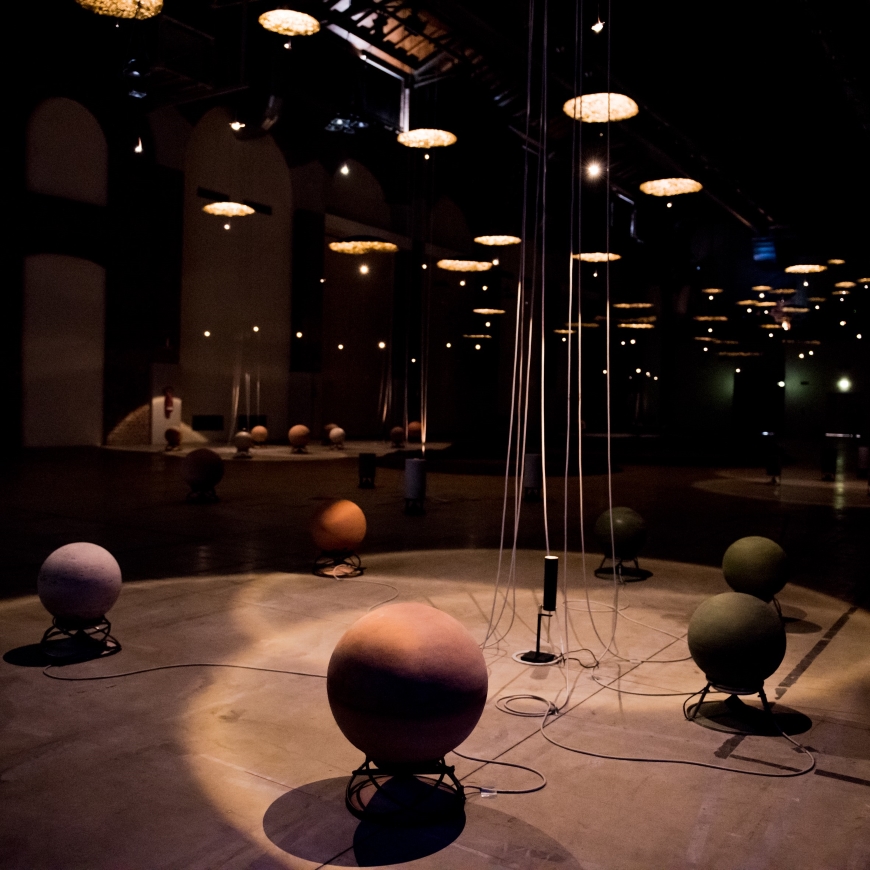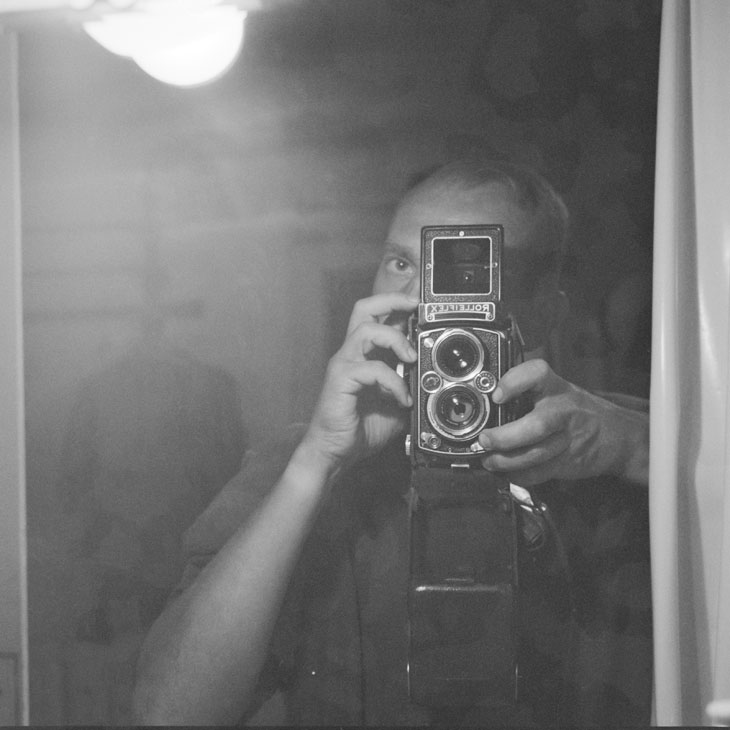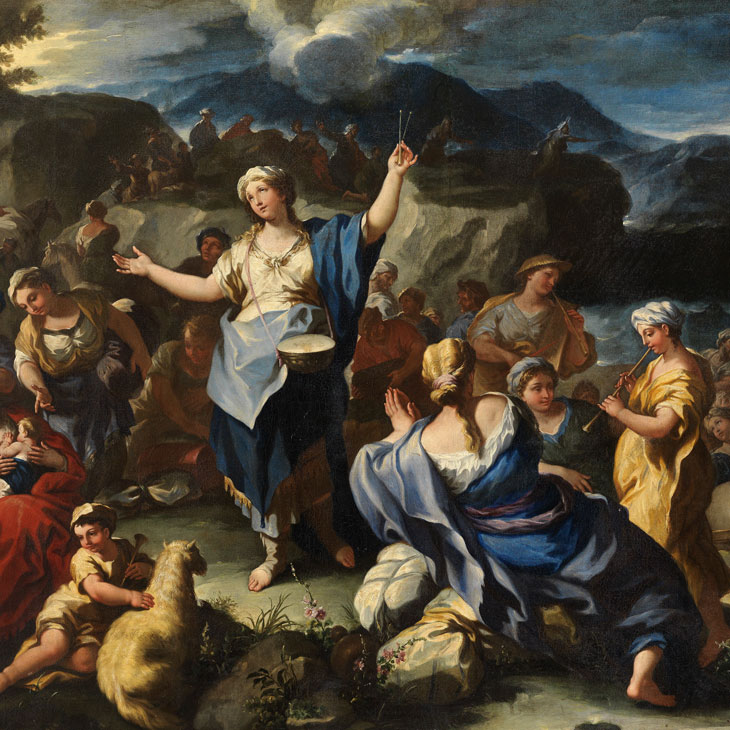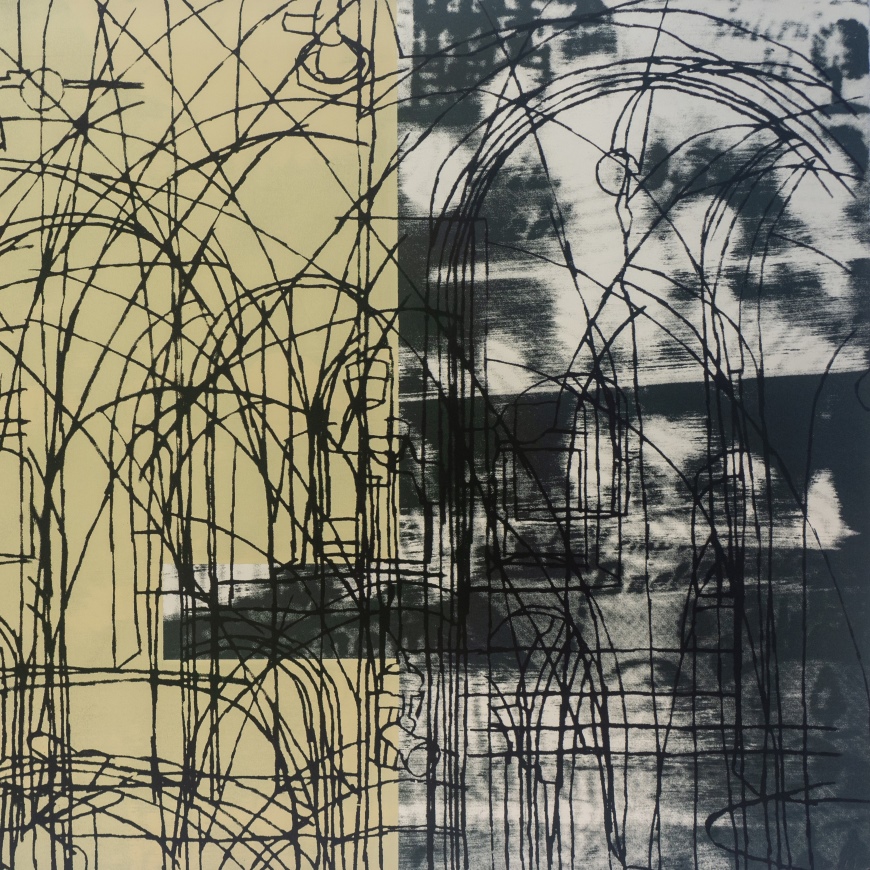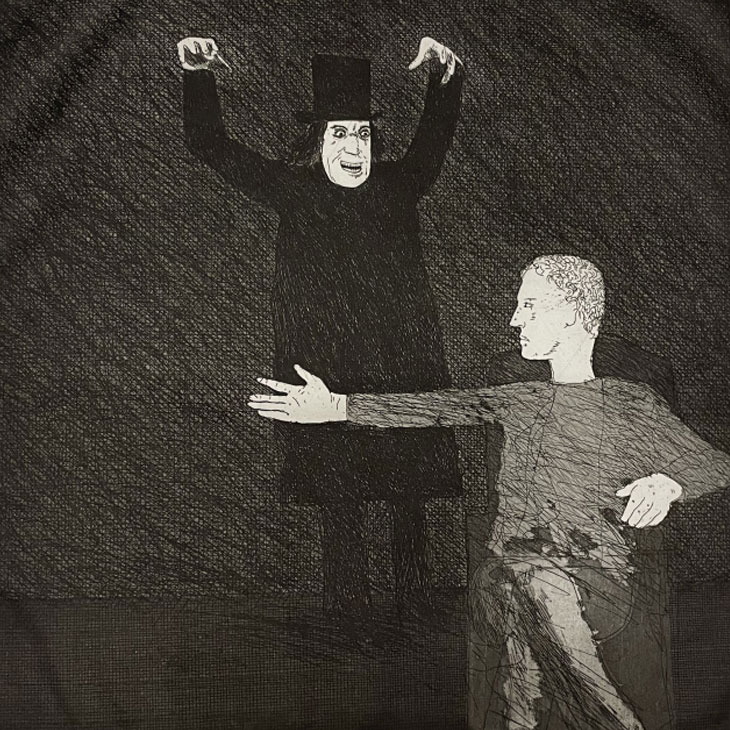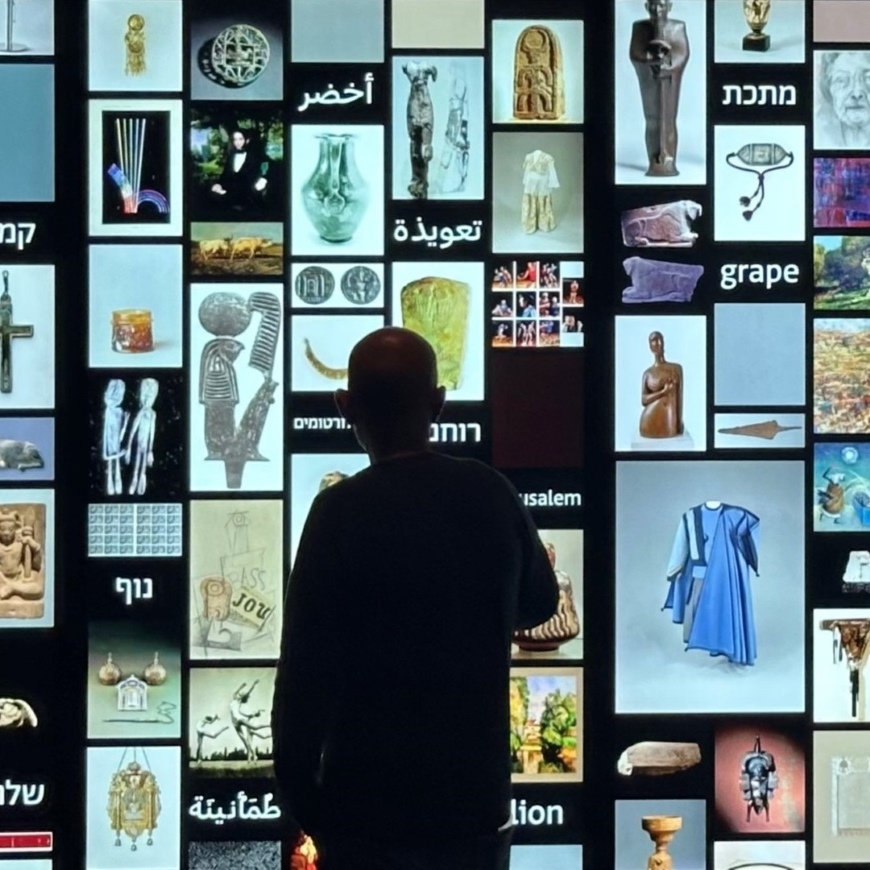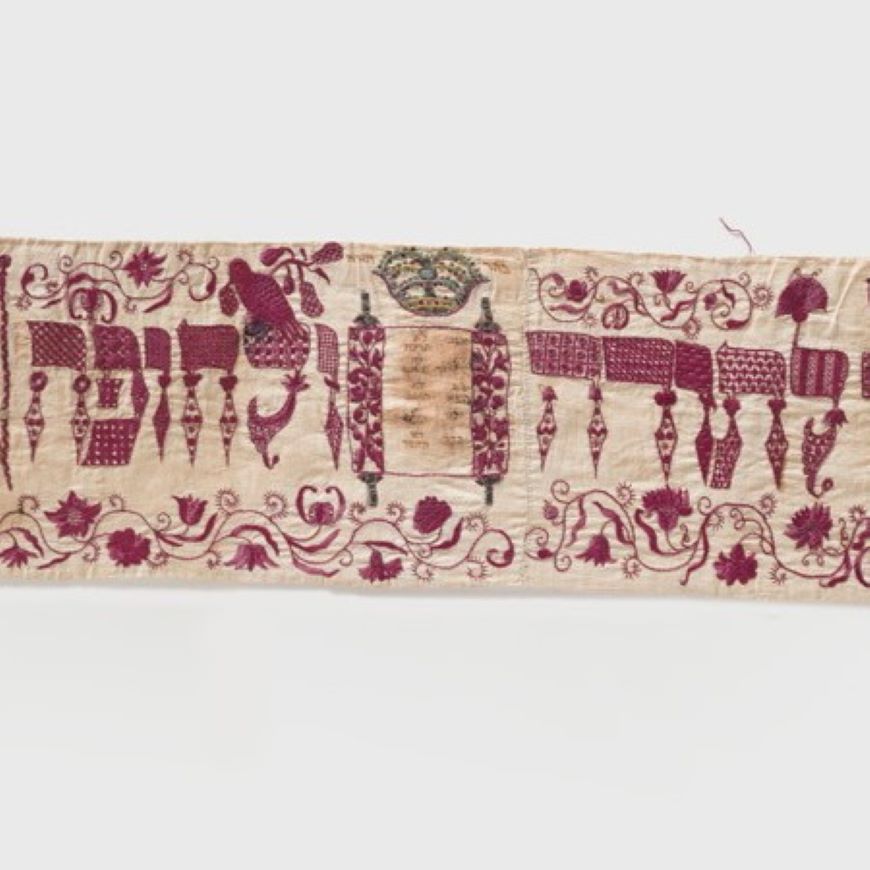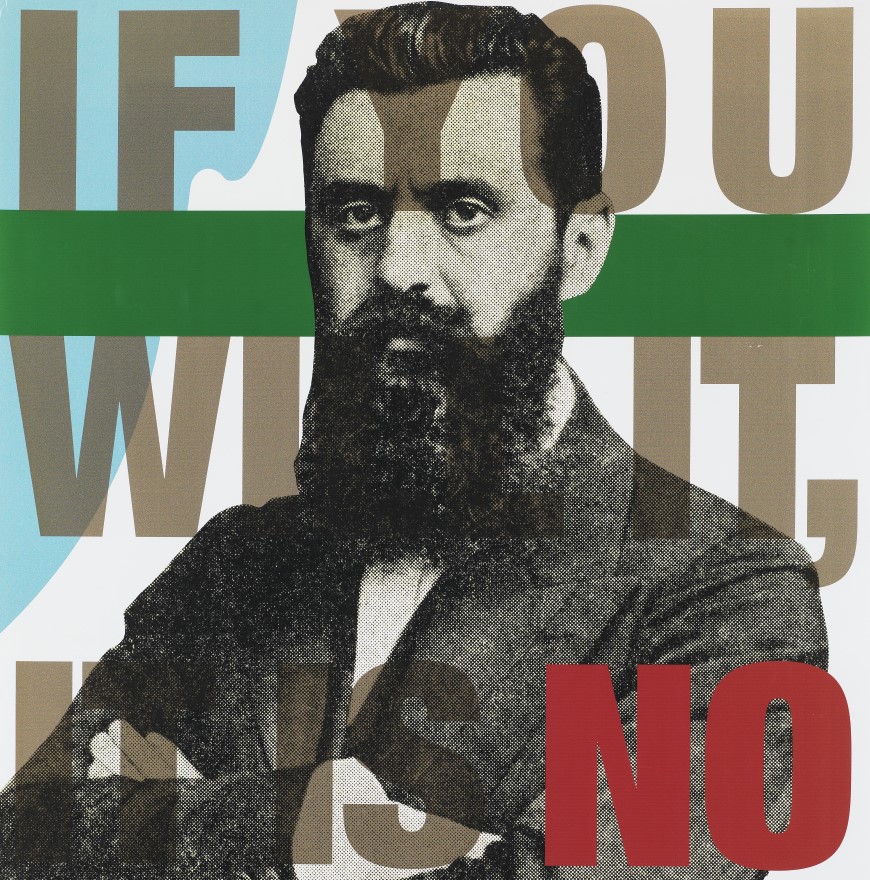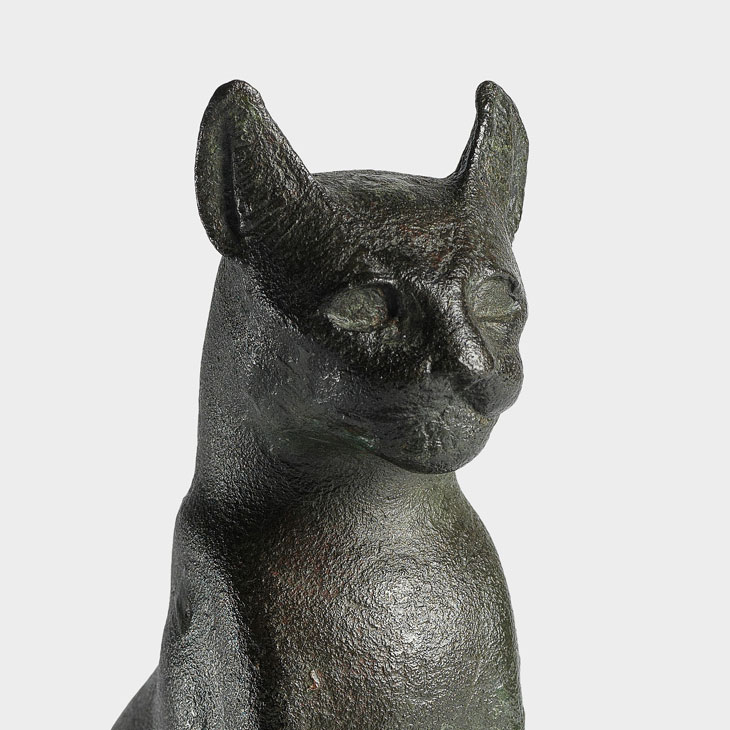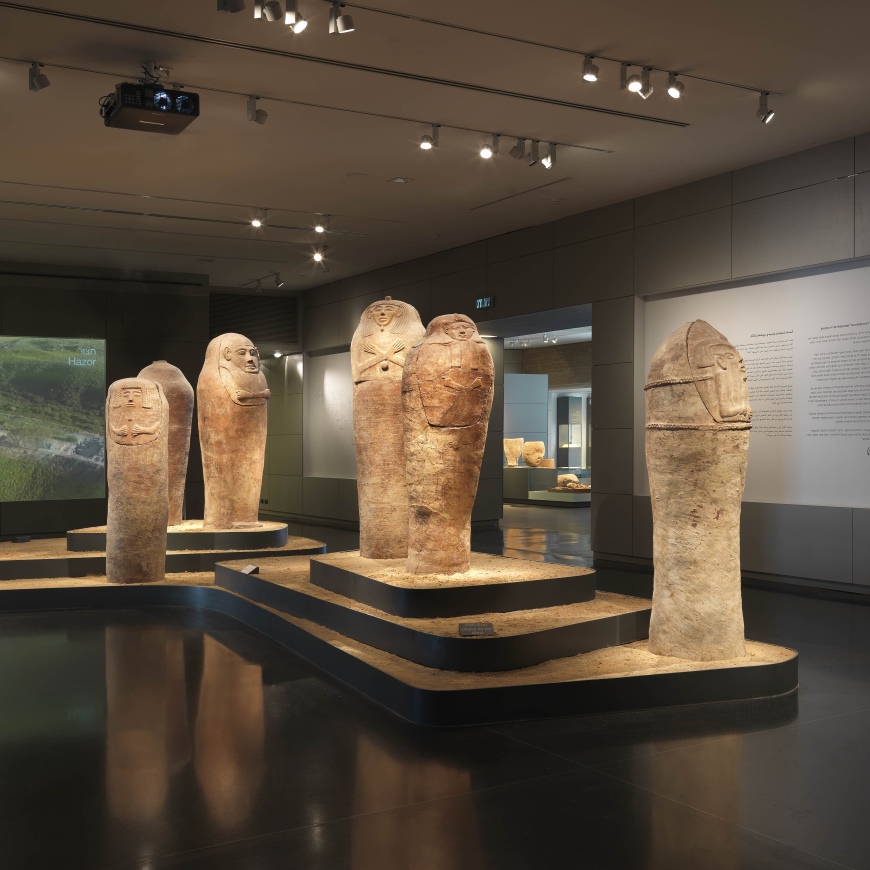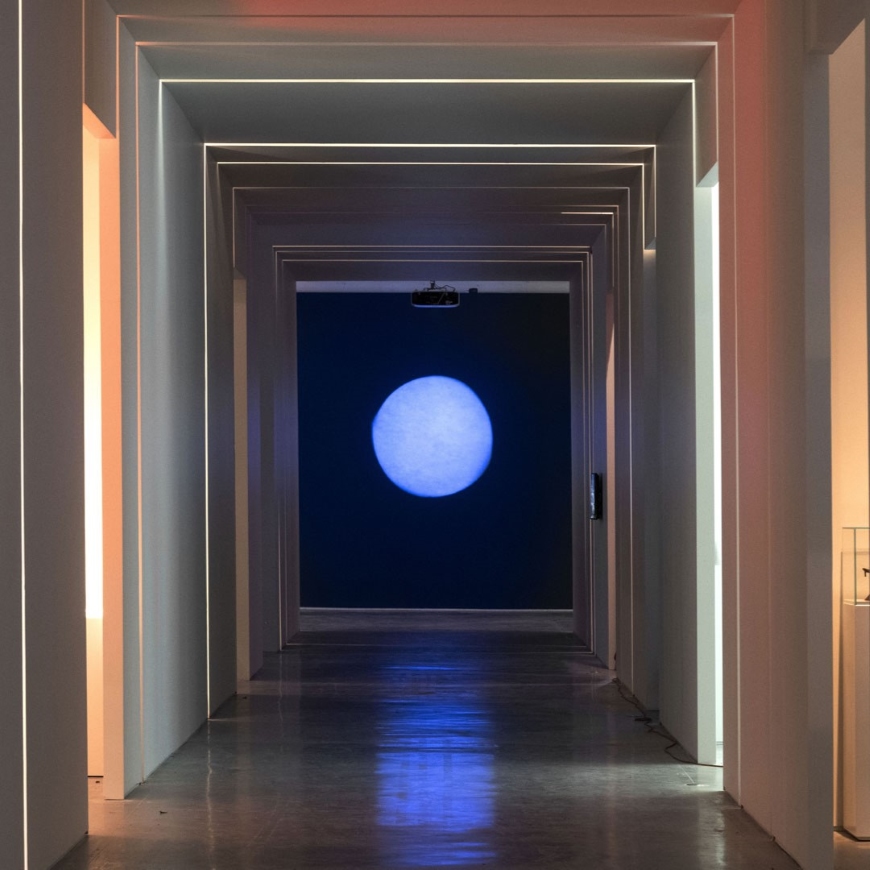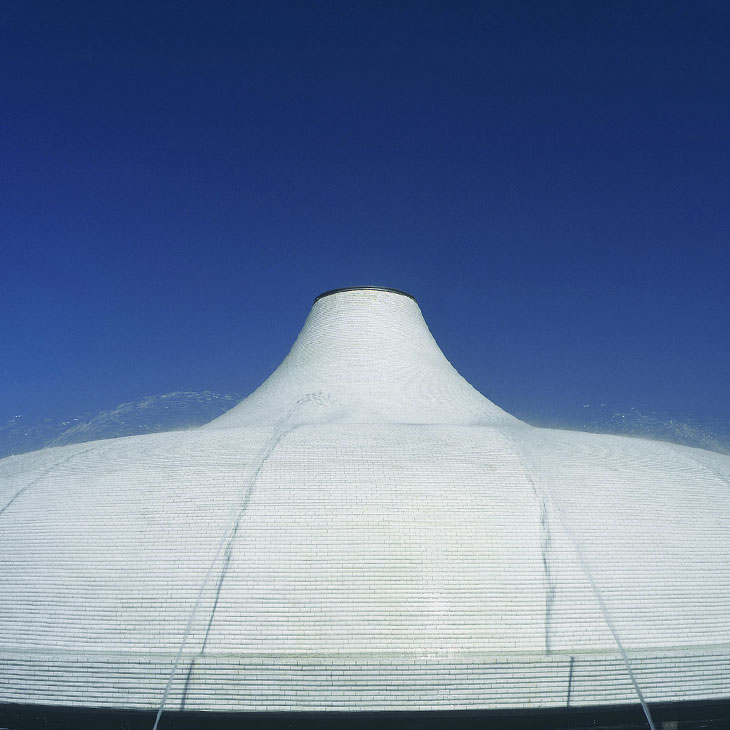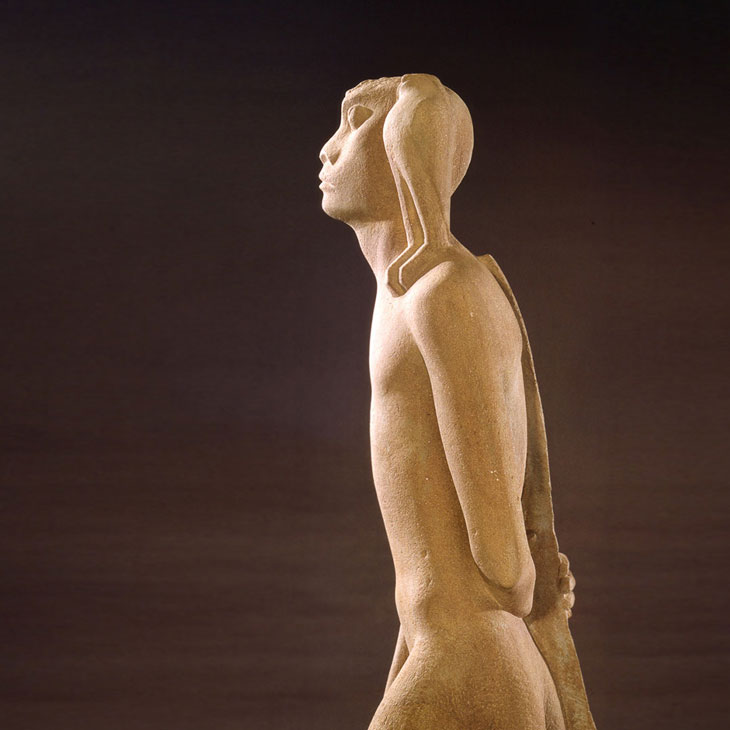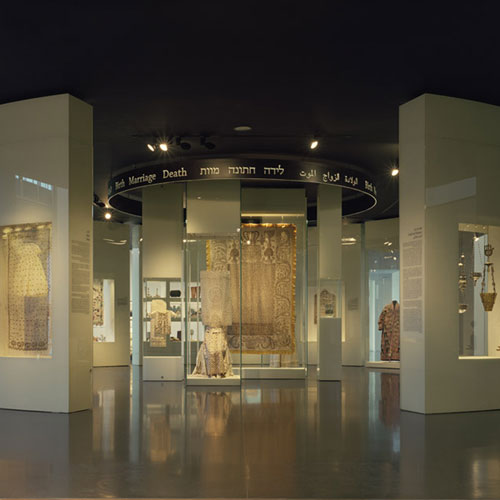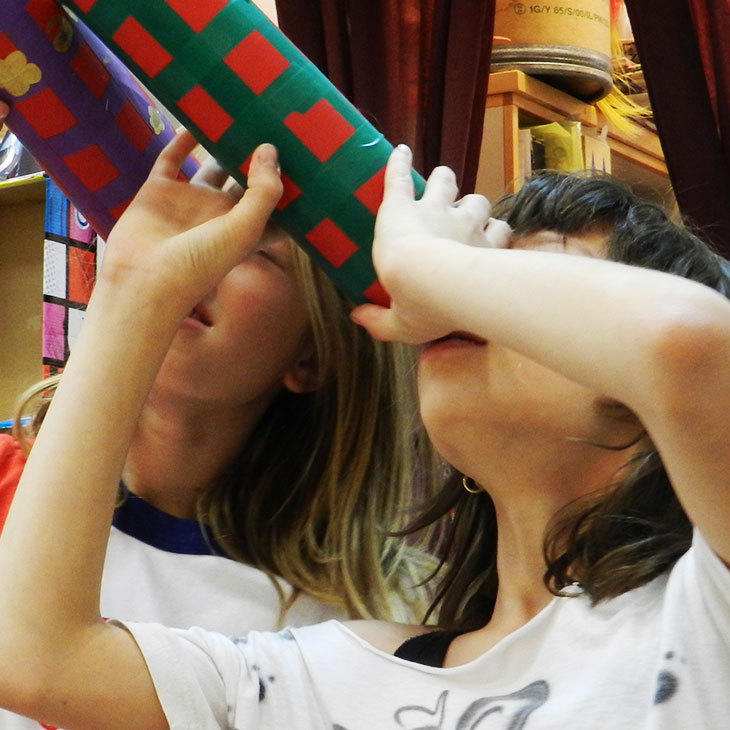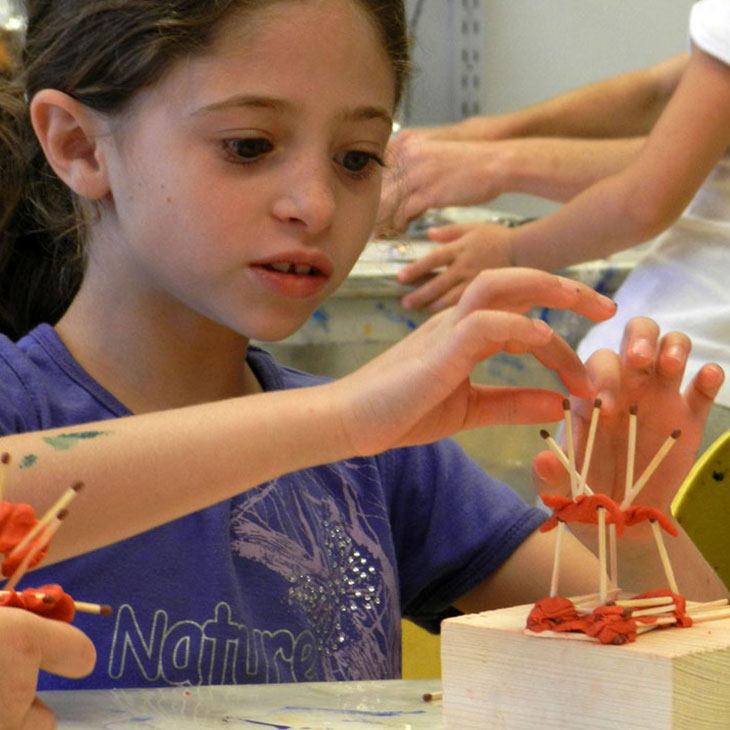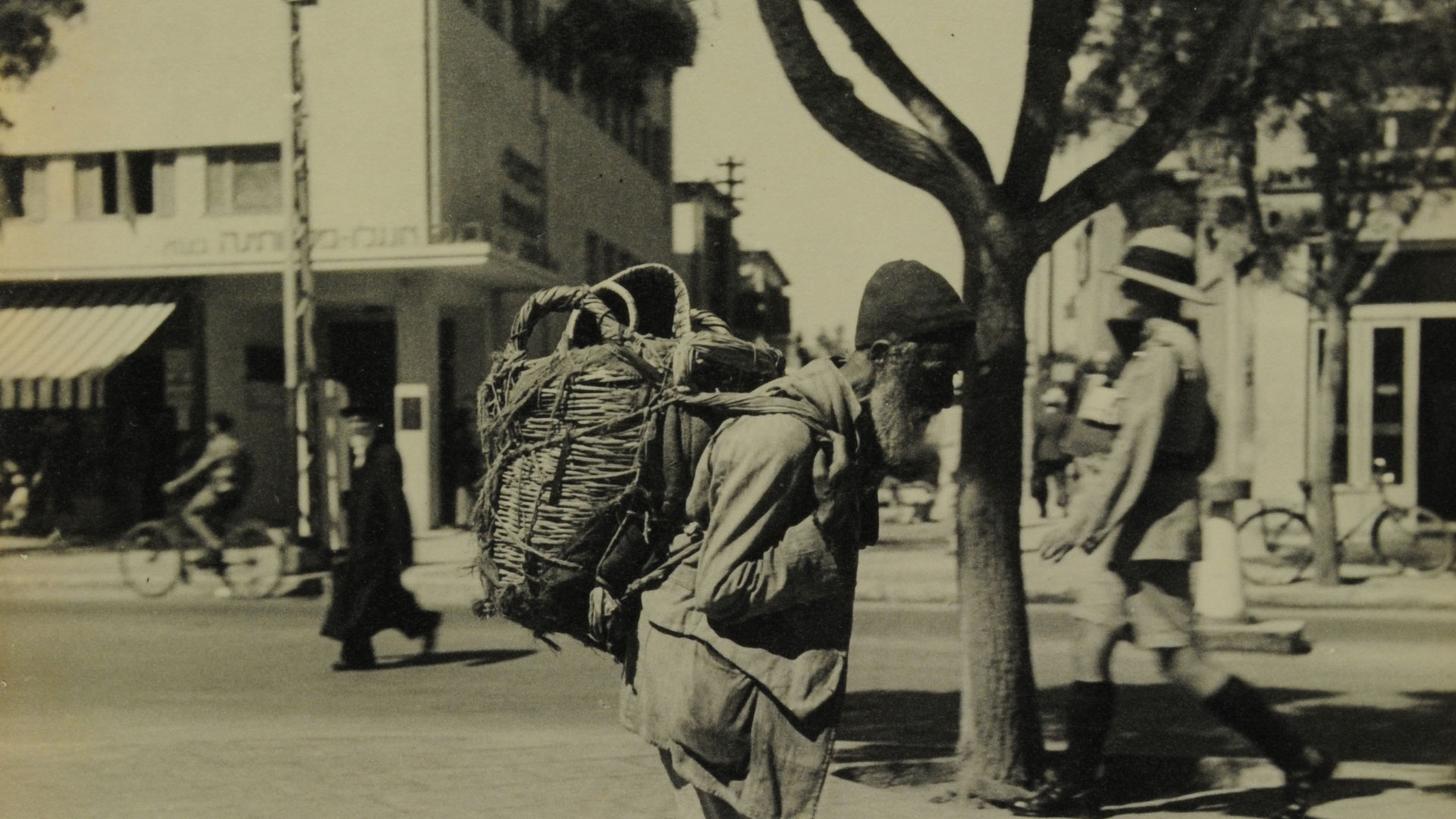
The Lost Album: Jakob Rosner’s Yemenite Photographs
Special Display
-
January 28 2024 - July 6 2024
Curator: Yudit Caplan
Display design: Rona Cernica
-
Israeli Art Permanent Collection Galleries
Jakob Rosner’s 1936–37 album Coming Home from Arabia presents a portrait of Yemenite Jews who had immigrated to the land of Israel and were adapting to life here. The album was about to be printed as a book by Schocken Verlag in Berlin, when the Nazi regime shut the publishing house down at the end of 1938. Nothing more was known about Rosner’s album – until it was recently identified in Jerusalem. Thus its publication and display now rights an 85-year-old wrong, unveiling for the first time a work of historical interest and photographic importance.
Jakob (Jack) Rosner was born into an assimilated family in Munich in 1902, joined the Zionist Blue-White youth movement as a teenager, visited Palestine in the 1920s, and 1936 made his home in Tel Aviv. He created photographs for various Zionist institutions and was the Jewish National Fund’s chief photographer. After Rosner’s death, his daughter donated his photographic archive to the Israel Museum, including his mock-up of Coming Home from Arabia. Many years later, thanks to new research, it became clear that the album in the Museum’s collection was in fact the book that had almost been published.
The 103 images in the album are accompanied by Rosner’s brief texts and arranged chronologically: from the isolation of newly arrived immigrants through the pursuit of traditional crafts, occupations, and Torah study, to the overcoming of difficulties and the acclimation of the younger generation. Together with enlargement of some photographs, the album displayed near Reuven Rubin’s monumental triptych First Fruits, a 1923 portrayal of Jewish renewal in the land of Israel. For Rubin, Jewish tradition was epitomized by the Yemenite couple, who shared the task of building the homeland with the European New Jew. The interest of Rosner, a German-born camera artist, in the Yemenite community produced a multifaceted masterpiece: an in-depth, extensive collection of sensitive photographs that also reflects the period’s Zionist photographic mission to capture social developments in the land.
Copies of the album are offered for sale in the museum shop. View a sample >
All photographs are gelatin silver prints by Jakob Rosner from the Rosner collection in the Israel Museum, gifted by Naomi Schwartz, USA
Production of the catalogue, including a facsimile edition of the album, made possible by the Association for Yemenite Society, Culture, Research and Documentation, headed by Yigal Ben Shalom
- May 08May 15May 22May 29
- May 08May 15May 22May 29
- May 08May 15May 15May 22May 29
- Apr 21Apr 24Apr 28May 05May 08May 12May 15May 19May 22May 26May 29
- May 08
- Apr 24May 08May 15May 22May 29
- Apr 21Apr 24Apr 28May 05May 08May 15May 19May 22May 26May 29
- Apr 26May 02May 03May 09May 10May 16May 17May 23May 24May 30May 31
- May 03May 10May 17May 24May 31
- Apr 21Apr 28May 05May 12May 19May 26
- May 05May 12May 19May 26
- May 06May 13May 20May 27
- May 06May 13May 20May 27
- May 13May 20May 27
- May 15
